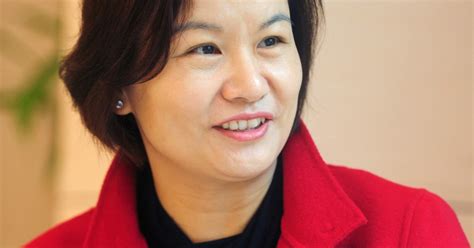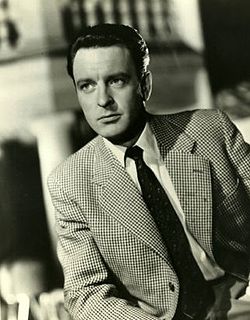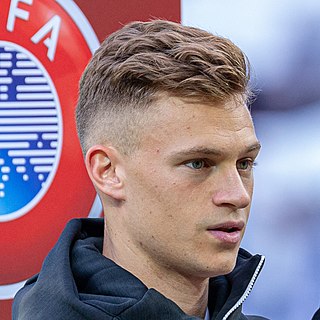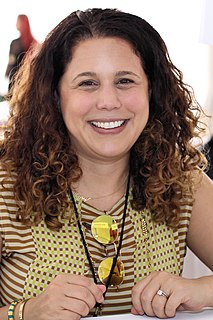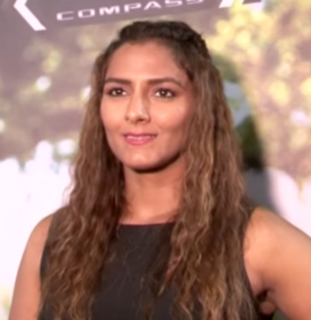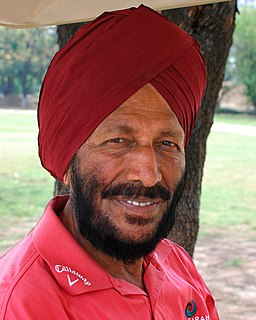A Quote by Zhou Qunfei
In the village where I grew up, a lot of girls didn't have a choice of whether to go to middle school. They would get engaged or married and spend their entire life in that village.
Related Quotes
I used to live in a village, and I always loved listening to old people. Unfortunately, it was always women who were talking, because after the war, very few men were around. I spent my entire life living in the village. The village is always talking about itself; people are talking to each other as the village makes sense of itself.
If you're engaged more than a year, there's something up. There's lot of debate as to whether one should or shouldn't get married, but when you get engaged, it's a promise to get married, and if you don't just do it within a year, one of the parties is using the excuse of, like, 'I can't find the right venue' to put off the wedding.
I grew up in the small German village of Bosingen, which is located between Black Forest and the state capital of Stuttgart. And when I say small, I mean small. In our village, there were no more than 1,700 people. And we all loved football, but there weren't a lot of places for us boys around town to play in.
